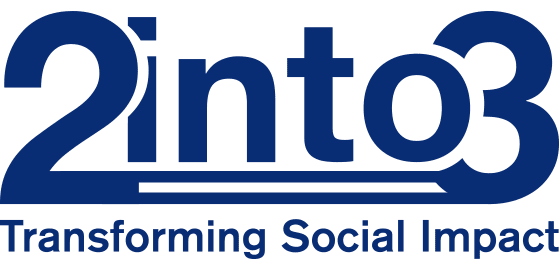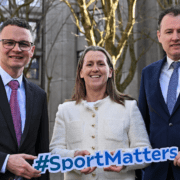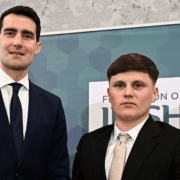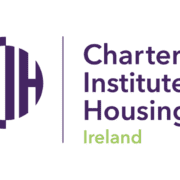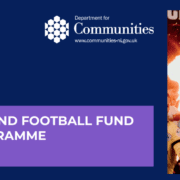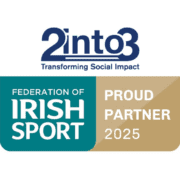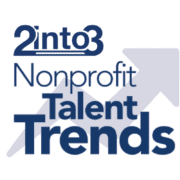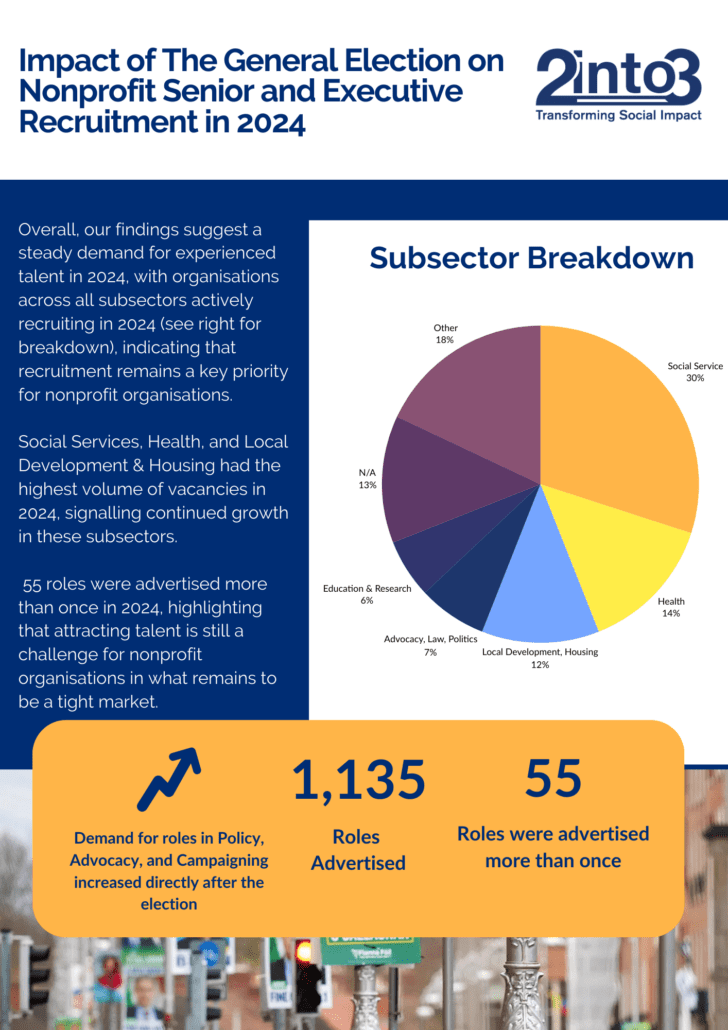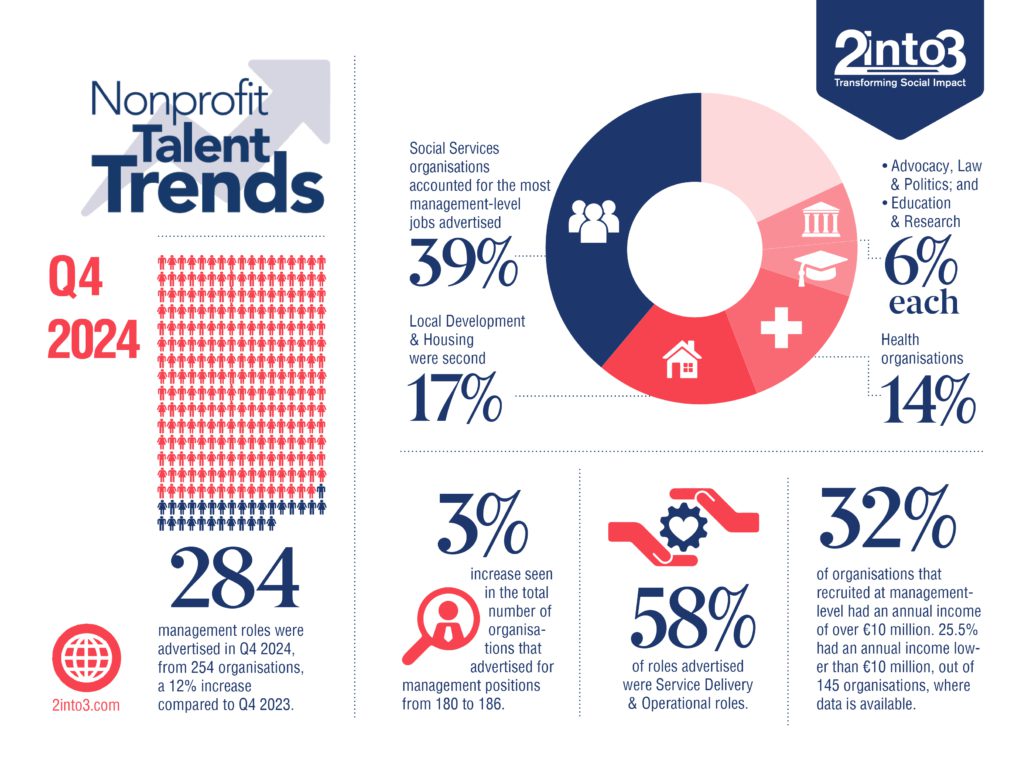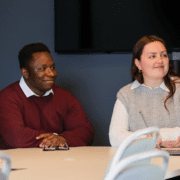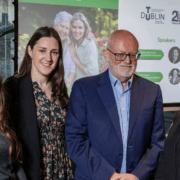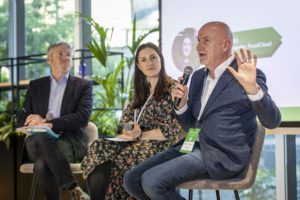The latest findings on compensation, HR practices, and sector trends in the nonprofit sector, outlined in The Wheel’s ‘Pay & Benefits in the Community & Voluntary Sector Report 2024‘, highlight specific challenges for CEOs, boards, and governance structures. Here, we examine these from each perspective, considering key related challenges and their implications, and proposing a suite of potential remedies.
Pay and benefits 2024: The CEO Conundrum
1. Balancing Mission and Financial Viability
Once again, this report demonstrates the need for multi-annual funding to allow charities to strategise, recruit and retain talent; with talent retention selected as a high priority by 88% of respondents, and the top two concerns focussing on accessing / increasing funding (92%) and managing costs (89%).
The tension between delivering on the mission and ensuring financial sustainability is all too familiar to most organisations in the nonprofit space. If a limited budget wasn’t restrictive enough, then the short-term funding challenge requires CEOs to calibrate the least harmful trade-off between rewarding and investing in staff, operations, and infrastructure, and delivering on budget. With funding such a prevalent and thorny issue, exploring (and yes this may also mean investing in) organisational funding capacity can quite literally, pay dividends.
2. Talent Acquisition and Retention
Albeit allegedly a little more muted, the war on talent continues in 2024 and the sector still needs to face off private and public sector competition in terms of pay and benefits. The disparity in how employees are compensated within the wider sector is a problem in itself. When the sector is attractive to employees, the entire sector wins. Raising our game raises everyone’s game.
In particular, strong leadership is critical and the capacity of organisations to attain and retain good leadership is a hygiene factor to success. The opportunity cost of losing senior leaders is immense. Not only are there core strategic and knowledge losses, but financial ones too. Succession planning is an often overlooked but essential Board matter.
A further impact of the struggle to recruit and retain staff, is the pressure it puts on HR teams at a time when they are trying to implement a variety of significant legislative changes, including auto enrolment for pensions, gender pay gap reporting and more.
3. Resource Constraints Increase Burnout
Time lags for replacing and recruiting new staff mean either a stall in services, or that other members of the team pick up the slack. In some cases, it’s the CEO that is compelled to take on multiple roles, which can come at a high cost. The unsustainability of the situation, as evident in the survey, is high levels of stress and potential burnout.
Every organisation should view their labour resource as an asset and treat it accordingly. This may require being open to interim resourcing solutions whereby the obstacle is as much Boards’ and Executives’ attitudes to such hires, as it is reticence to spend money. Poor resourcing leads to poor service, outputs and ultimately weaker social impact.
4. Thinking Through Changing Working Conditions
It’s clear to all that the shift to flexible work arrangements is a given. Presumably, most CEOs and Boards are already re-thinking organisational and HR policies, but equally care and consideration needs to be given to technology infrastructure, team dynamics and the financial and risk implications of both. Organisations should ensure that any flexible and remote working is thoughtfully explored through an EDI (Equality, Diversion, Inclusion) lens and that employees are both included and consulted in the process to balance operational needs with employee preferences. The end goal should be a positive and productive work environment.
5. Rationalising Labour Costs
Public and arguably even political expectation regarding salaries and compensation in the sector is too often ‘low salaries, high morals’. However, being purpose driven only goes so far and the charity sector is struggling to recruit and retain staff as illustrated in the turnover rates increase from 9.9% in 2022 to 12.6% in 2024.
The cost-of-living crisis is undoubtedly driving some employees out of sector and organisations need to steel themselves to advocate for, and to justify, competitive salary levels, especially for CEOs and Executives. Equally, boardroom battles that centre around CEO requests for staff wage increases are undoubtedly a regular occurrence. Circumventing Board members’ overtly negative biases on this topic requires careful analysis which includes cashflow projections and funding forecasts, labour market trends and insights, and end user needs and service requirements. Executives should pre-empt and provide such rational arguments, and this survey can provide some of the data.
6. Benchmarking Tools
A total of 592 organisations, with a total of 10,898 employees (full time or part time), responded to the survey, making this is an excellent resource to provide a broad overview of the sector.
However, The Wheel can only analyse and publish data gathered from those who have volunteered their information and, therefore, this report is not directly reflective of, or comparable to all 32,000 plus organisations in the community and voluntary sector.
For example, from the sample gathered, the report does not include data for individuals at ‘Director of’ level and there is limited data available under ‘Head of Housing’ roles, despite the current high demand for Asset and Property Managers.
We understand that The Wheel’s report will serve as a useful benchmarking report to inform decision making for some, but others will require a more in-depth benchmarking tool, including data from directly comparable organisations. We have recently launched a salary benchmarking service which has been established to provide organisations access to directly comparable information, where required – more information here.
Concluding Remarks
The Pay & Benefits Survey signposts clear challenges in how the sector is resourced in terms of both finance and labour. Whilst most Boards considerably understand the financial challenges, but they also need to pay close attention to how they manage their employees – when the sector is attractive to employees, all of the sector wins.
If you’re interested in gaining support with attracting and retaining Talent, contact Shannon Barrett at shannon.barrett@2into3.com. Alternatively, if you require support with your Board’s governance, contact Sheena Horgan at sheena.horgan@2into3.com.
Written by Sheena Horgan, Director of Advisory Services & Shannon Barrett, Head of Talent Services at 2into3.
